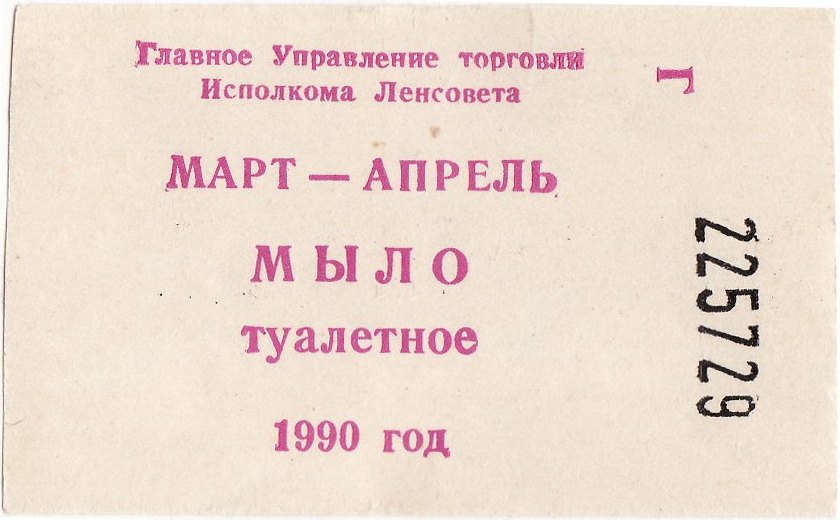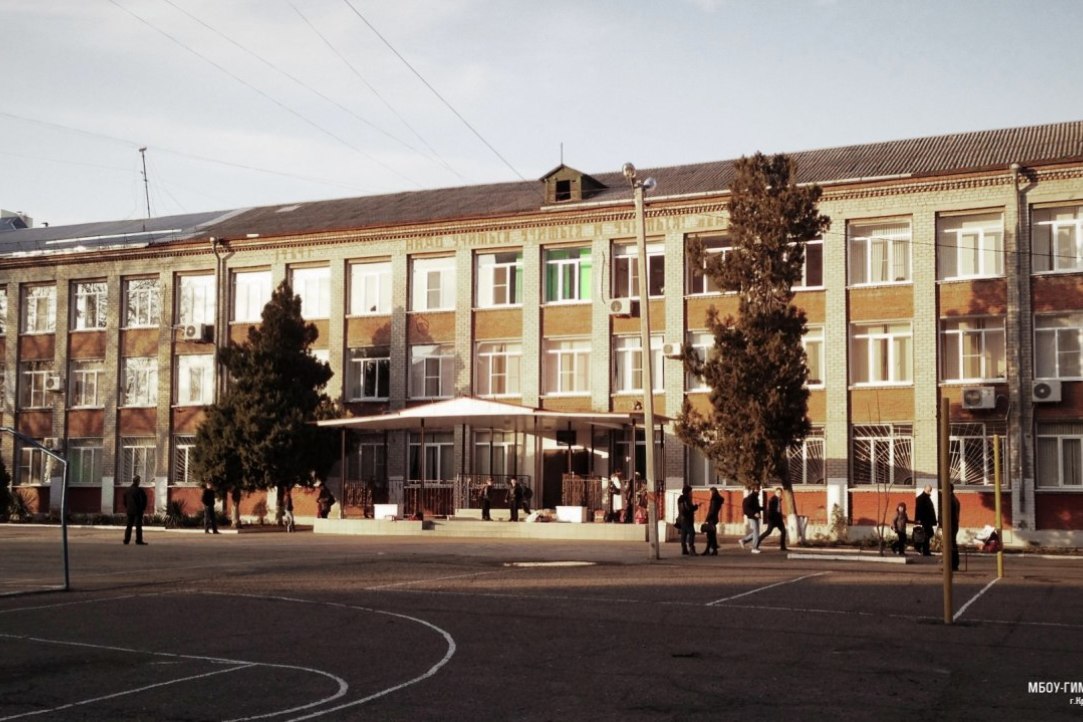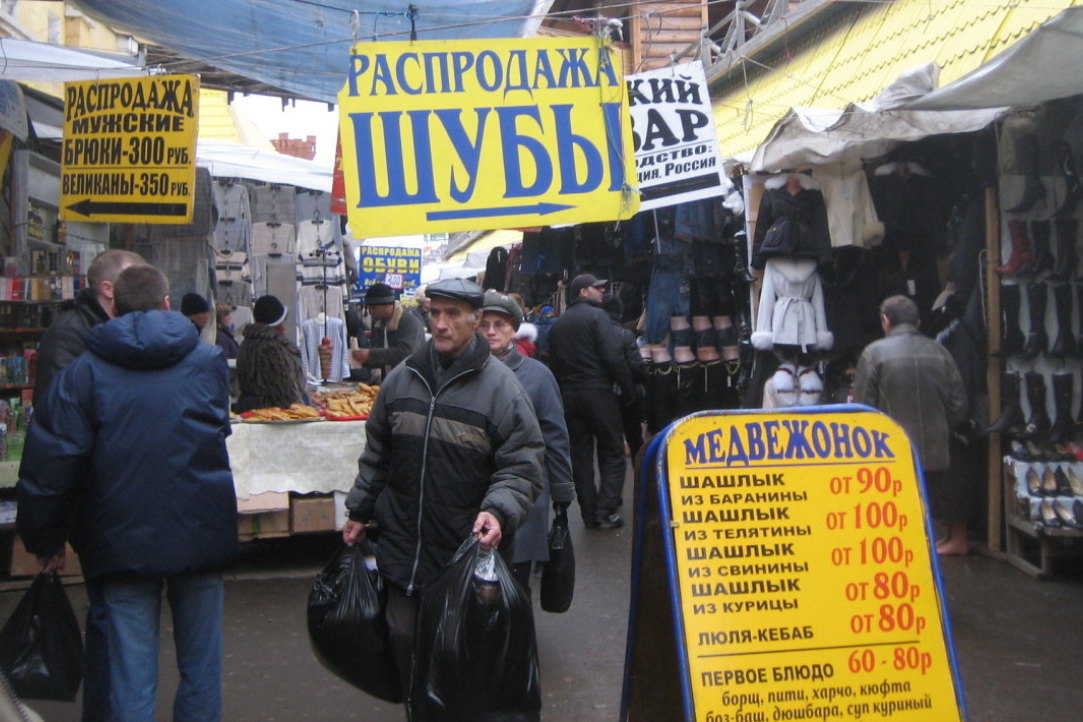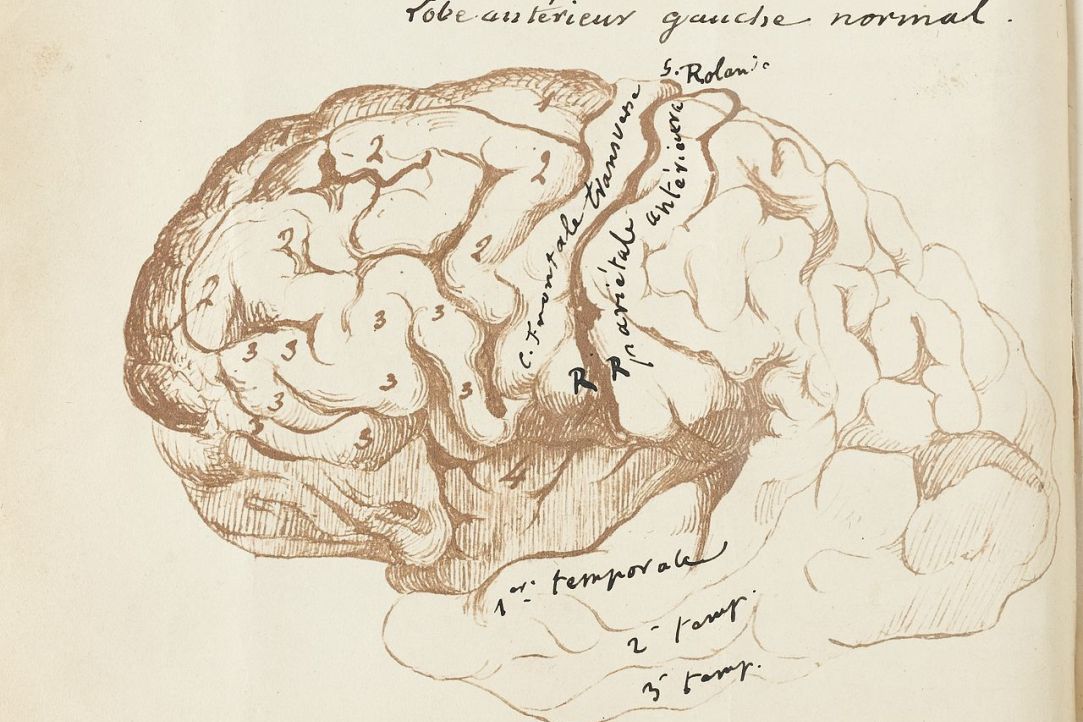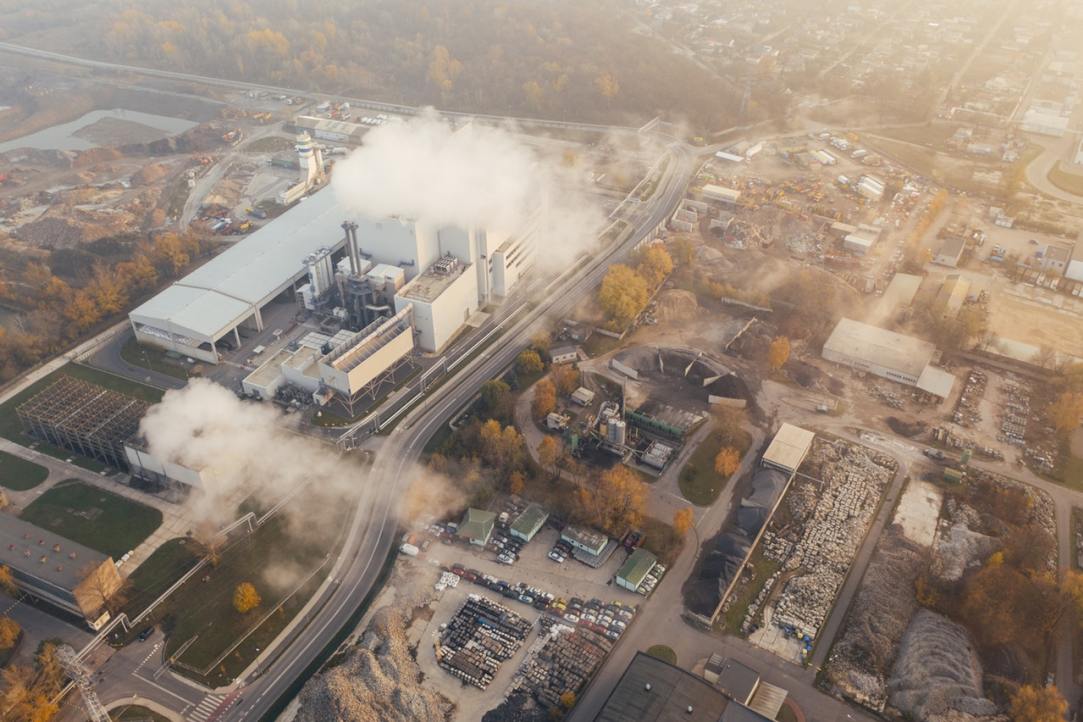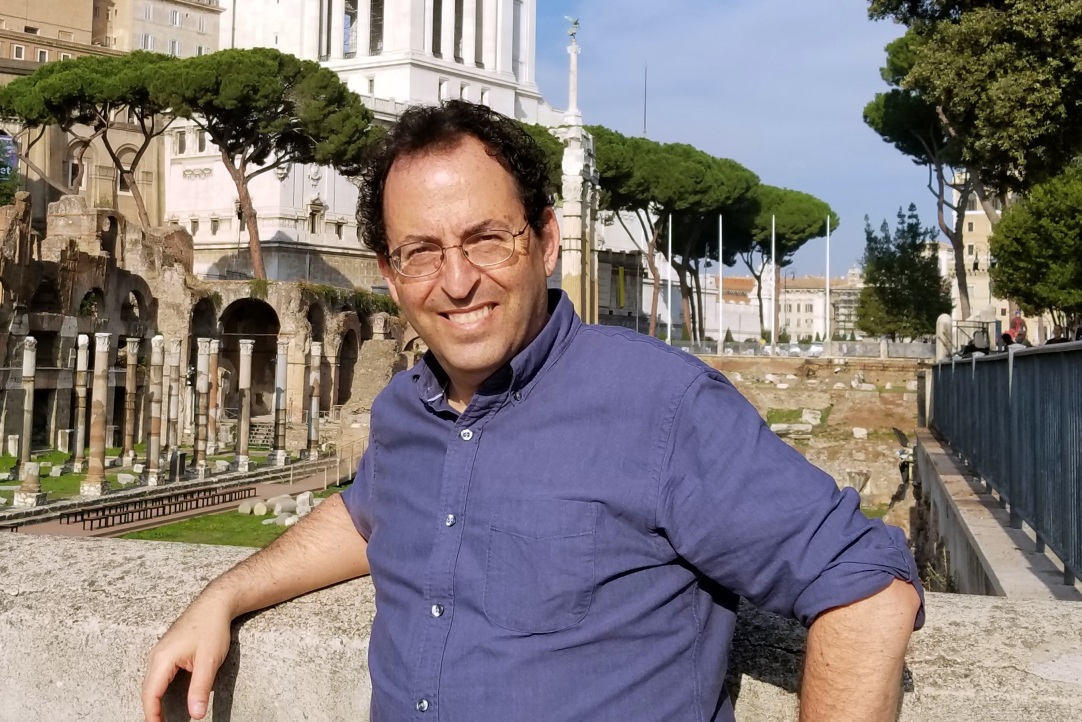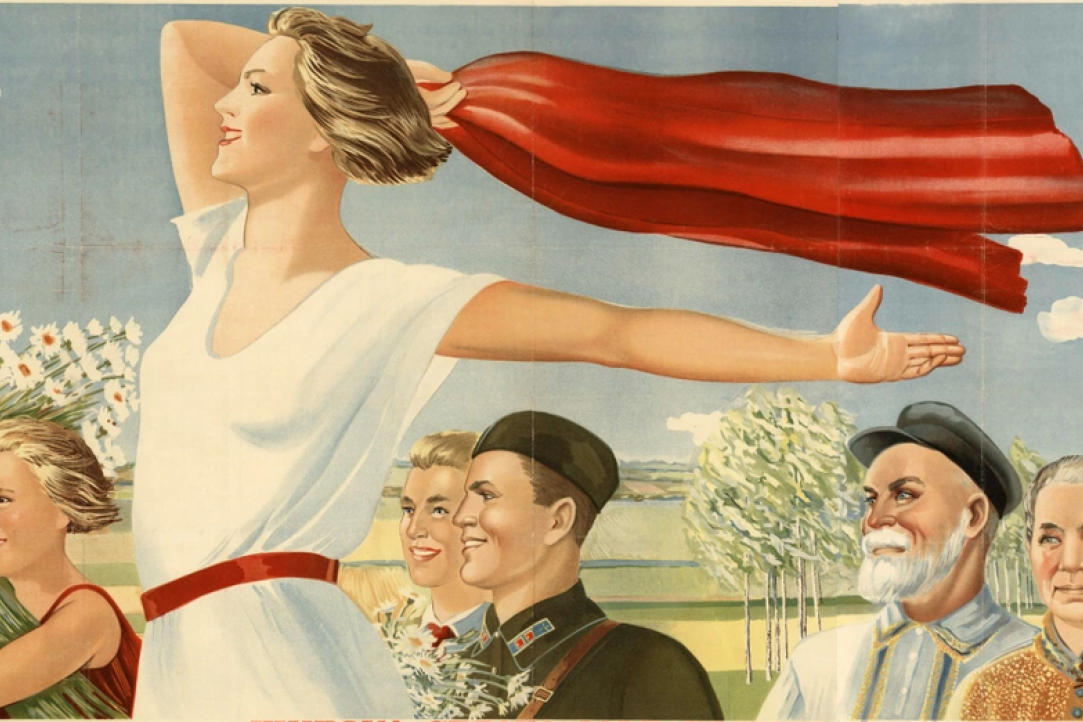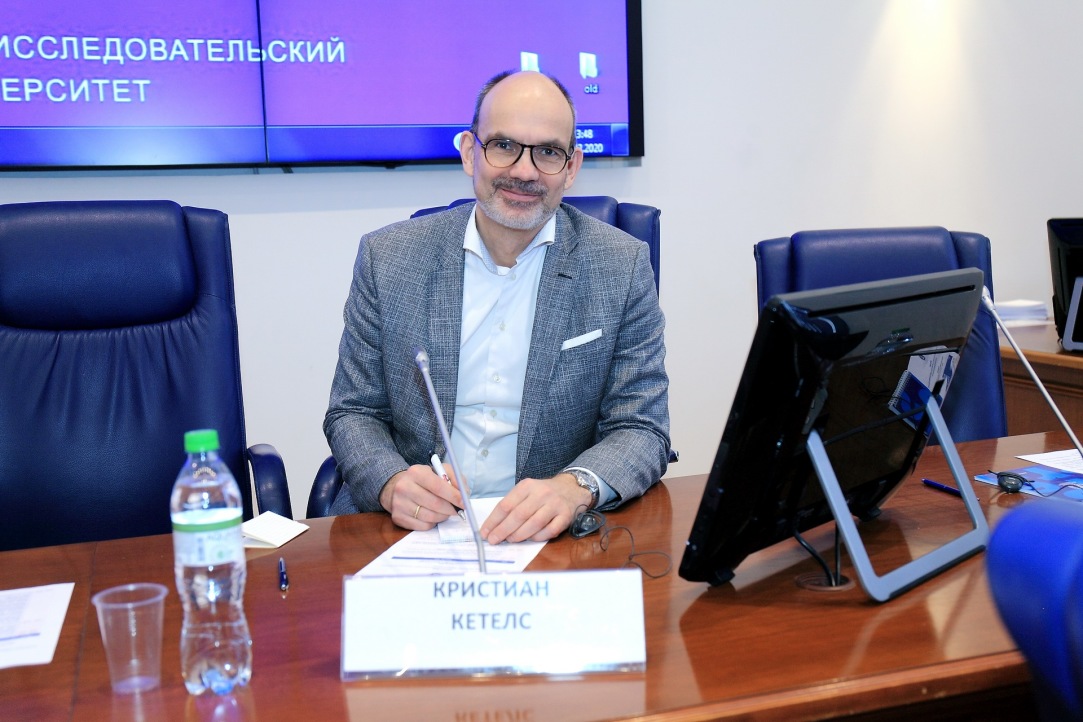People’s values of personal choice, suсh as their attitudes towards abortion, divorce, and premarital sex, are usually determined their level of education, age, religiosity, and social status. At least this is the case in many countries such as the US and those in Europe. In a recent study, HSE sociologists found that in post-Soviet countries, personal values are most determined by people’s level of patriotism.


